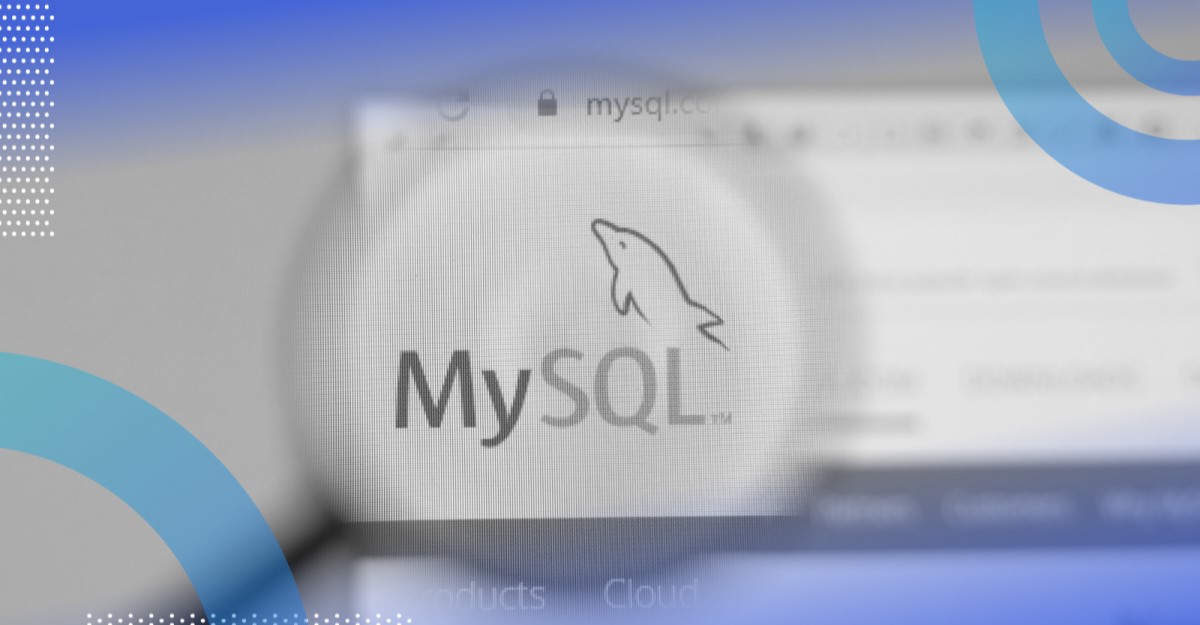
MySQL is a powerful and widely-used open-source relational database management system. It has earned a stellar reputation for its reliability, flexibility, and ease of use, making it a top choice for businesses and developers alike. In this article, we'll delve into seven essential facts about MySQL that every tech enthusiast, developer, and business owner should know. From its origins and key features to its impact on modern technology and its role in data management, we'll explore the ins and outs of MySQL. Whether you're a seasoned database administrator or just starting to dip your toes into the world of databases, these facts will provide valuable insights into the significance of MySQL in today's tech landscape. So, let's embark on this enlightening journey to uncover the fascinating world of MySQL and gain a deeper understanding of its importance in the realm of data management and technology.
Key Takeaways:
- MySQL, owned by Oracle, is a popular and reliable database used across industries, from startups to large enterprises, for handling massive datasets and real-time transactions.
- MySQL’s open-source nature, ACID compliance, scalability, high performance, and robust security features make it a foundational technology for driving the internet’s infrastructure and enabling digital innovations.
MySQL Powers the Internet
MySQL, an open-source relational database management system, has been a cornerstone of the internet for over two decades. Its robust and scalable nature has made it the go-to choice for powering dynamic web applications, content management systems, and e-commerce platforms. With its seamless integration and high performance, MySQL has solidified its position as a leading database solution in the digital landscape.
It's an Oracle Product
MySQL was initially developed by MySQL AB, a Swedish company founded by David Axmark, Allan Larsson, and Michael "Monty" Widenius. In 2008, Sun Microsystems acquired MySQL AB, and subsequently, Oracle Corporation acquired Sun Microsystems in As a result, MySQL is now under the stewardship of Oracle, a global technology giant known for its enterprise software and cloud solutions.
Widely Used Across Industries
From small startups to large enterprises, MySQL is widely adopted across various industries. Its versatility and reliability have made it a popular choice for businesses of all sizes, including tech companies, financial institutions, healthcare organizations, and more. The flexibility of MySQL allows it to cater to diverse needs, from handling massive datasets to supporting real-time transactions.
Open Source and Community-Driven
One of the key strengths of MySQL is its open-source nature, which has fostered a vibrant community of developers, database administrators, and enthusiasts. The MySQL community actively contributes to its development, ensuring continuous improvements, bug fixes, and the introduction of new features. This collaborative ecosystem has been instrumental in shaping MySQL into a robust and feature-rich database solution.
ACID Compliant
MySQL adheres to the ACID (Atomicity, Consistency, Isolation, Durability) properties, ensuring the reliability and integrity of data transactions. This level of data consistency is crucial for applications that require precise and secure handling of information, such as financial systems, e-commerce platforms, and online banking services. The ACID compliance of MySQL underscores its suitability for mission-critical operations.
Scalability and High Performance
Scalability is a defining feature of MySQL, allowing it to efficiently handle growing workloads and user interactions without compromising performance. Whether it's serving content to millions of users or managing complex datasets, MySQL's architecture is designed to deliver high performance and responsiveness. This scalability makes it an ideal choice for applications experiencing rapid growth and evolving demands.
Robust Security Features
Security is paramount in the digital realm, and MySQL incorporates a range of robust security features to safeguard data against unauthorized access, SQL injection attacks, and other vulnerabilities. With support for encryption, access control mechanisms, and auditing capabilities, MySQL empowers organizations to fortify their data assets and comply with stringent security standards.
MySQL's enduring presence in the tech landscape and its pivotal role in driving the internet's infrastructure underscore its significance as a foundational technology. As businesses continue to harness the power of data-driven insights and dynamic web experiences, MySQL remains a linchpin in enabling these digital innovations. With its rich history, community-driven ethos, and unwavering performance, MySQL stands as a testament to the enduring impact of open-source technologies in shaping the digital world.
Conclusion
In conclusion, MySQL is a powerful and versatile relational database management system that plays a pivotal role in modern web applications and data-driven systems. Its robust features, scalability, and ease of use make it a popular choice for businesses and developers worldwide. Understanding the key facts about MySQL, such as its open-source nature, strong community support, and seamless integration capabilities, is essential for harnessing its full potential. By leveraging these insights, businesses and developers can optimize their database management strategies and propel their projects to new heights of efficiency and performance.
FAQs
What are the primary advantages of using MySQL?
MySQL offers several advantages, including its open-source nature, strong community support, scalability, and high performance. These factors make it an ideal choice for businesses and developers seeking a reliable and efficient database management system.
How does MySQL differ from other database management systems?
MySQL stands out for its open-source nature, ease of use, and seamless integration capabilities. Its robust features and strong community support set it apart from other database management systems, making it a popular choice for a wide range of applications and industries.
Was this page helpful?
Our commitment to delivering trustworthy and engaging content is at the heart of what we do. Each fact on our site is contributed by real users like you, bringing a wealth of diverse insights and information. To ensure the highest standards of accuracy and reliability, our dedicated editors meticulously review each submission. This process guarantees that the facts we share are not only fascinating but also credible. Trust in our commitment to quality and authenticity as you explore and learn with us.
